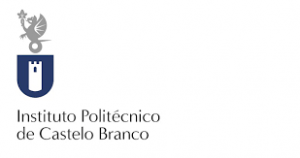Partner:
Instituto Politécnico de Castelo Branco
The SON technology minimises the lifecycle cost of running a mobile network by eliminating manual configuration of equipment and troubleshooting during operation. Learning and prediction of network behaviour are key enablers towards the implementation of the SON paradigm.
MONROE-SON tested machine-learning algorithms to predict network congestion for a specific cell/time of the day by leveraging on priori measurements from MONROE nodes, and then emulated the activation of SON mechanisms to increase LTE capacity based on a demand-driven approach.
Two MONROE nodes were deployed in a central district in Paris, adding an extra European capital to the MONROE federation. Radio Environment Maps with a real network deployment in Paris from the Orange MNO were used to validate the automatic activation of SON in case of capacity outage.
The experiments have demonstrated the following:
– The relevance of UE measurements;
– The machine learning algorithms prediction are available enough in advance to give SON strategies enough time to simulate new network configurations and to apply this new network configuration;
– The SON strategies capability to pushing proactive changes to the network have a positive impact on the user experience.
The machine learning API developed in MONROE-SON are open source and available for future MONROE use, as a software extension, able to extract useful insights from the huge amount of data generated by MONROE experiments.
Besides scientific publications, the project results were disseminated in the standardisation group ETSI RRS (Reconfigurable Radio Systems).
Software release is available here:
https://gitlab.com/ipcb/MONROE-SON.git


